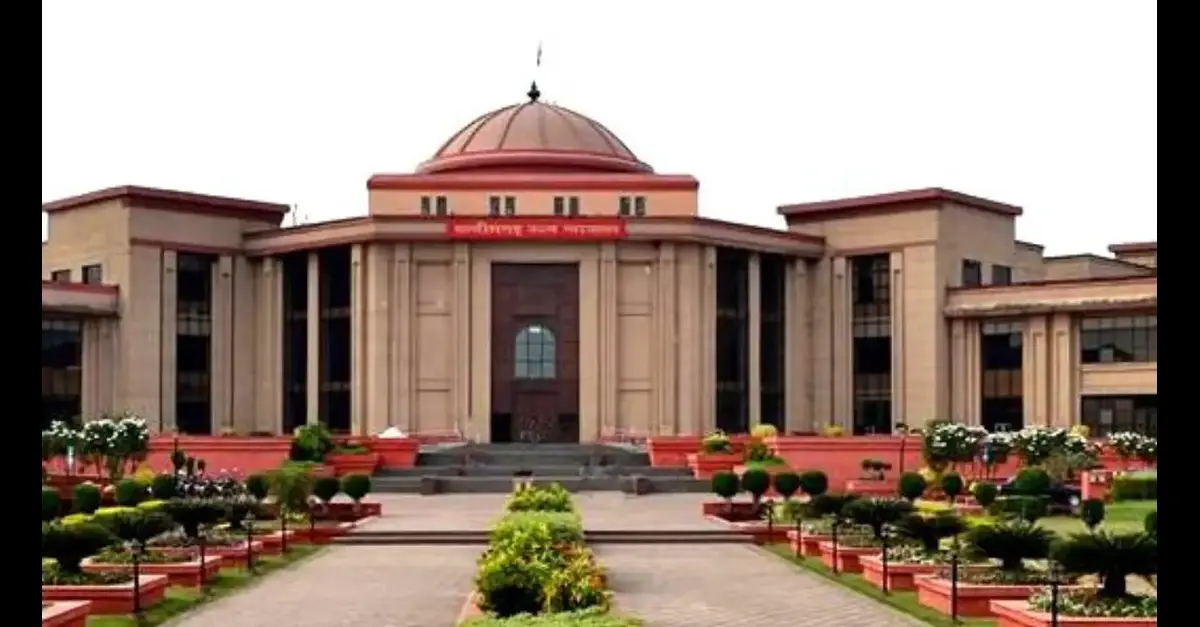Introduction
The Chhattisgarh High Court recently turned down a husband’s request for his wife’s call detail records (CDR) in a landmark ruling that protects personal privacy in a marriage. The court made it clear that getting married does not give one partner automatic access to the other partner’s private and personal information.
Background
The petitioner, who is a 2022 married husband, had filed the claim that his wife’s attitude drastically changed after she had visited her natal home just a few weeks after the wedding. He testified that she began behaving naughtily towards his relatives, including his mother and brother. Reconciliation attempts failed, and upon his application for restitution of conjugal rights under Section 9 of the Hindu Marriage Act, the wife made a complaint to the police of domestic violence.
In January 2024, the man suspected his wife of being in an adulterous affair with her sister’s husband and went to the police and the family court requesting her call data records to prove the charge of adultery. The husband filed a petition in the high court after the police and the family court denied the request.
Key Points
The High Court had an observation that there was no specific allegation of adultery that was mentioned in the divorce petition.
The charge of adultery first came up in the written submissions by the petitioner and not initially in the pleadings.The request for the call records also made no direct reference to adultery.
The court ruled that it would be a breach of their right to privacy to acquire explicit communication details of a spouse without their consent.
It was stressed that trust, openness, and mutual respect are most important in a marriage, but nobody can be coerced or forced into parting with intimate details.
Recent Development
The Chhattisgarh High Court, in its judgment, categorically said that marriage doesn’t give one spouse the right to intrude into the other’s private space. It noted:
The husband cannot force the wife to provide her passwords of the cell phone or bank account and such an act would be an infringement of privacy and possibly domestic violence.
The court emphasized the need to impose a line of demarcation between family responsibility and personal freedom. It is said that any violation or encroachment upon the privacy right including matters related to family affair, marriage, private space,and sexual orientation will lead to violation of constitutional rights.
Conclusion
This Chhattisgarh High Court judgment is landmark in the protection of personal autonomy within the confines of marriage. It points to the judiciary’s commitment to protecting constitutional values such as dignity, privacy, and individual rights even when the relationship at stake is intimate. The judgment goes a long way in making it crystal clear that while transparency in marriage cannot be ruled out, it should not come at the cost of violating the privacy and autonomy of an individual.
“PRIME LEGAL is a full-service law firm that has won a National Award and has over 20 years of experience in various sectors and practice areas. PrimeLegall falls into the category of best law firm, best lawyer, best family lawyer, best divorce lawyer, best criminal lawyer, best criminal law firm, best consumer lawyer, best civil lawyer.”
WRITTEN BY AYUSHI TRIVEDI


